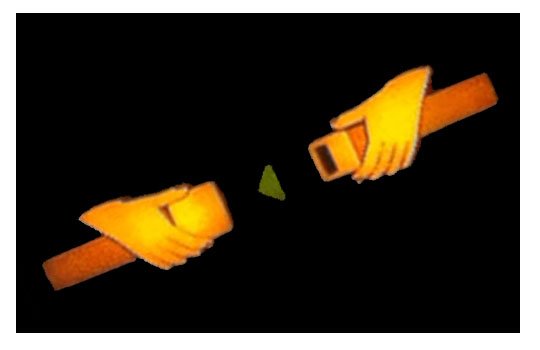Posts Tagged ‘discrimination’
The number of bathrooms in a student’s house is highly correlated with his or her ACT scores. Why? When a house has a greater number of bathrooms, the property value of that house increases. When property values go up, so do property taxes. This leads to better funded local schools. Such schools produce students that do relatively better on standardized tests. Without controlling for more relevant variables, one might argue that more toilets lead to better test scores. This illustrates the importance of theory in the practice of statistics.

When discussing the difference between correlation and causation I am often asked, “But what if one event always occurs before the other one?” Often when I am flying, the pilot will flip on the “fasten your seatbelt” sign several minutes before the plane hits some turbulence. Based on the logic that causation can be shown if one event regularly occurs before another, I could conclude that pilots cause turbulence by turning on seatbelt lights.
A disproportionate amount of DUIs are given to people driving older vehicles. People who drive older vehicles tend to be poorer. Are the police actively looking to punish poorer people by targeting older cars when deciding which cars to pull over late at night? Not necessarily. An officer I know told me that someone driving without their headlights on after midnight is the most common signal of intoxication. Newer vehicles don’t allow for drivers to make this mistake because of automatic lighting systems. Simple statistics might lead one to conclude that police are biased against poorer drivers. A little insight tells us that wealthier drivers just have an additional protection against signaling intoxication.
